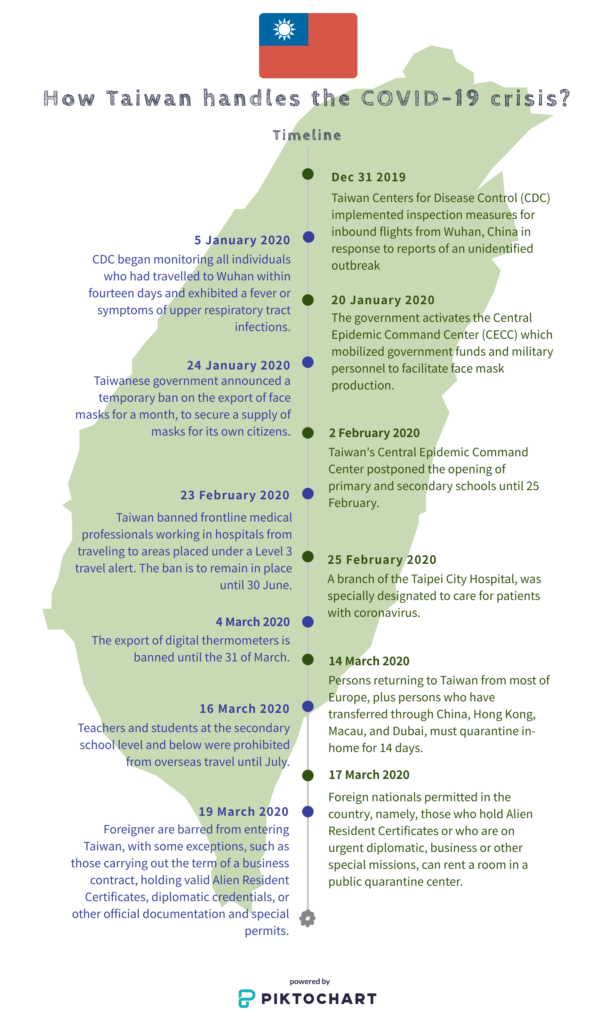Blocked from the WHO and dangerously close to China, Taiwan has managed to control the spread of the unknown pandemic. There are lessons to be learned and what can the UK take away from this?
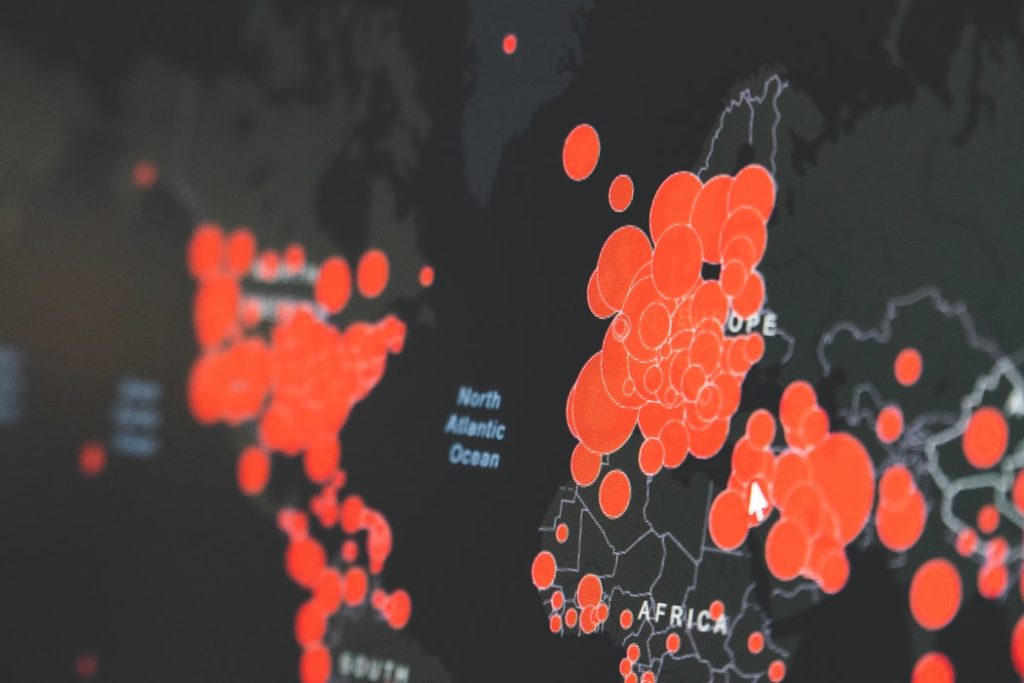
It was the dead of night, and the ringtone of my phone broke the silence. Something was wrong. It was a phone call from my concerned mother from the other end of the world—Taiwan. Confused and alarmed, I tried my best to understand why she had to call in the middle of the night with such franticness.
“Your dad and I hope that you can come back. It’s not safe in the UK anymore. The government seems to be doing nothing. What is herd immunity anyway? At least you’ll be safe in Taiwan,” my mom said.
It took me a while to calm my mother down. And it took even longer to convince her of my stay in the UK. I understood her concern. It doesn’t feel safe here.
This phone call took place just after Boris Johnson announced that the UK will be taking the herd immunity approach to cope with the current COIVD-19 outbreak. As soon as this strategy was announced, people from all over the world were outraged.
A study conducted by the Imperial College London and the London School of Hygiene and Tropical Medicine showed that the cases of Coronavirus in Italy if repeated in the UK, would cripple the NHS.
Soon after the release of the report, the UK’s COVID-19 policy did a massive U-turn. The prime minister reversed the herd immunity policy. The British government now advises people to work at home, stay indoors and stop unnecessary travel as well as practice social distancing.
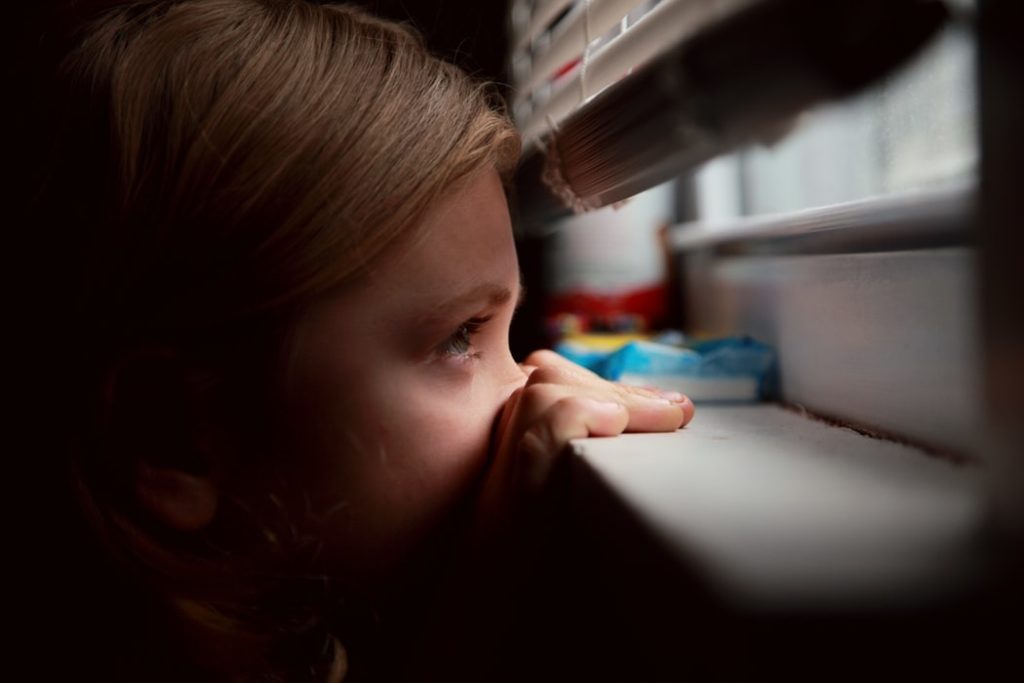
Though stricter policies concerning the pandemic have been implemented, it is a stark contrast to that of other European countries. The contrast is even sharper when compared alongside Asian countries like Taiwan.
As of now, Taiwan has banned foreigners from entering the country. Swift and aggressive measures were taken to combat the unknown virus. These decisive actions have definitely helped control the spread of the epidemic.
But the island’s success is not a case of luck. It is a precaution taken by the government to lessen the impact on its residences’ lives and well-being.
Taiwan remembered the painful lesson it learned from the SARS epidemic which killed many in Taiwan after spreading from southern China.
“What we learned from SARS was that we need to be very sceptical with data from China,” said Chan Chang-Chuan, dean of National Taiwan University’s College of Public Health said to the Guardian, “we learned very harsh lessons then and that experience is something other countries don’t have.”
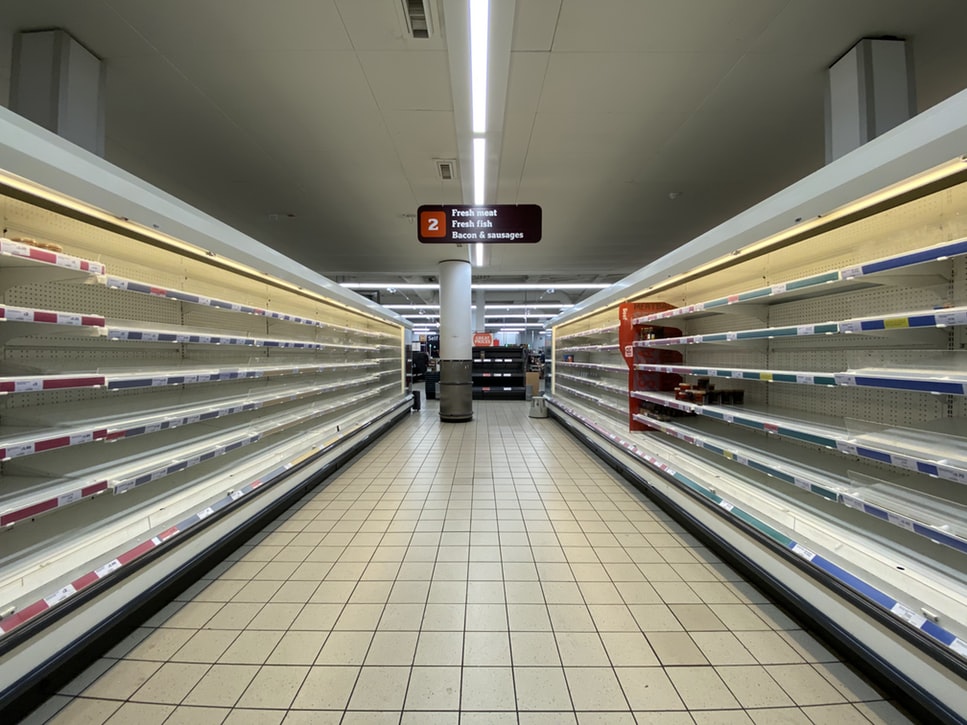
Upon hearing the severity of China’s situation, Taiwan’s government implemented border controls and it was one of the first to ban exports of surgical masks.
The government also issued cell phones to those who need to self-quarantine to monitor their movements. If people ignore such orders, there will be a heavy fine to pay.
Its real-time integration of national health care databases with customs and travel records helped keep track of the pandemic. And health authorities try to track every confirmed case to its original source so as to make sure there are no community transmission or overlooked cases.
While schools and businesses stay open, anyone with a fever of over 38 degrees will not be allowed to take public transport. Hand sanitizers are seen in department stores, schools, and other public places. Everyone is following governmental policy.
Jenny Chen, a graduate student said, “Everyone wears a mask when they’re in public, especially when they are taking public transport. If you don’t wear a mask, people glare at you. It’s for your own good as well as others.”
I have been in the UK for more than six months, and people here don’t wear masks, not even when they are sick. It is a completely different story in Taiwan and most of Asia.
“It is really alarming when people wear masks. Now, it just causes mass panic,” said a student who wished to remain anonymous.
In all truthfulness, I feel unsafe, as an Asian woman, wearing a mask on the streets of Cardiff. Many of my Asian friends have been subjected to verbal and sometimes even physical abuse just because they wore masks in public.
While there are debates about the effectiveness of masks, there certainly are merits to wearing one.
Joseph Tsang, an infectious disease specialist who also worked as a consultant for the city’s Hospital Authority, said to TIME, “wearing a mask is not just for protecting yourself from getting infected, but also minimizing the chance of potential infection harboring in your body from spreading to people around you.”
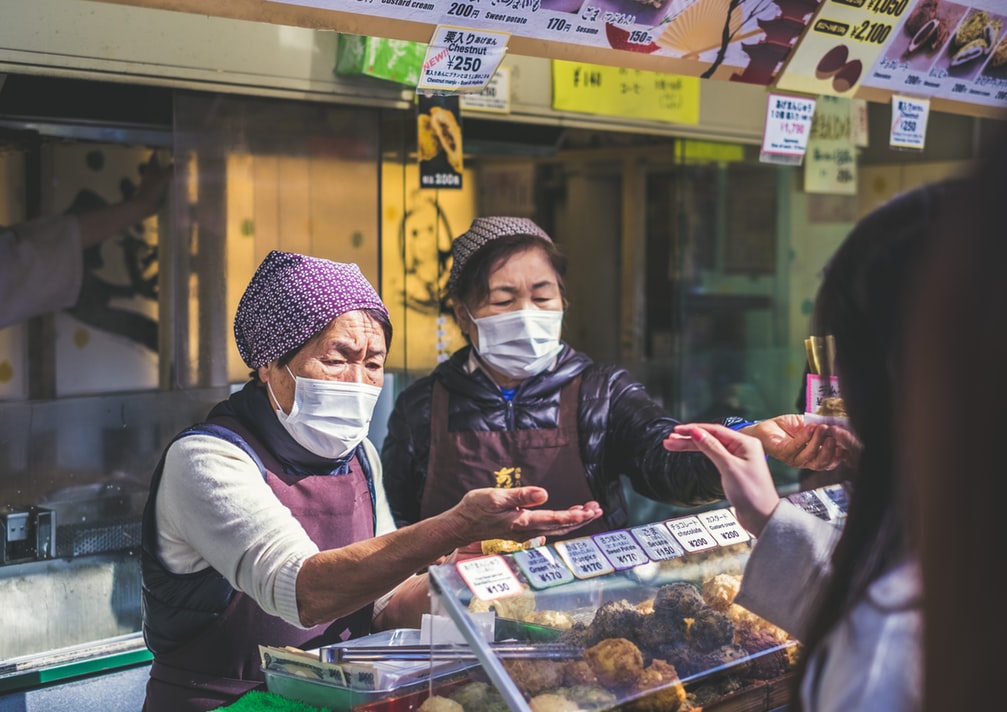
For now, Taiwan seems a safer place for me than the UK. And I fully understand why my family may be concerned about my well-being.
It is a predicament. The University of Cambridge has closed its dormitory and asked students to go home if possible. Yet, London to Taipei (the capital of Taiwan) is a 14-hour long flight. Suppose Cardiff University does the same, I will have no choice but to return, perhaps in doing so, risk being infected or becoming the carrier.
I am staying put at the moment. But if the number of cases in the UK rises sharply, I may have to reconsider. Only time will tell.
